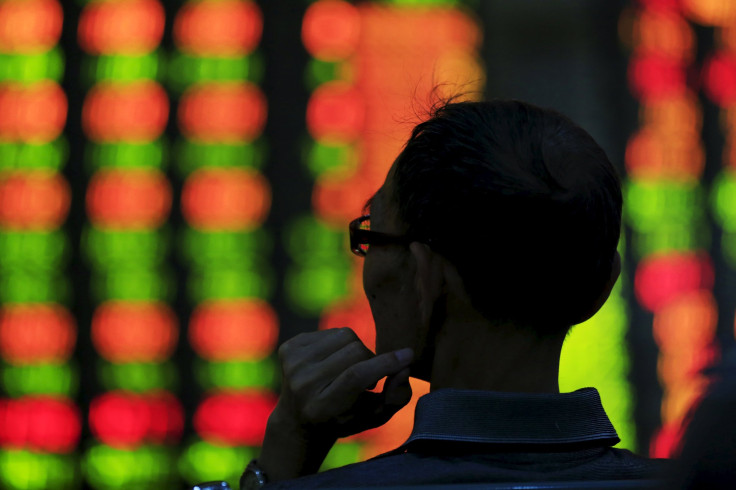China Cracks Down On Underground Banks That Funnel Billions Of Dollars Out Of The Country

Following “Black Monday,” when global stocks plunged with steep falls stemming from China's market uncertainty, Chinese officials launched a three-month crackdown on underground banking this week. Chinese officials said the crackdown would target money laundering and illegal funds transfers that take place outside the formal banking sector, Reuters reported Tuesday.
Chinese officials are launching the crackdown in order to assuage fears of large capital outflows. Global markets have slumped since Monday's stock losses over fears that China is experiencing an abrupt economic slowdown coupled with the potential that the U.S. Federal Reserve will not raise interest rates, as previously expected. The crackdown on illegal banking comes amid Chinese probes into brokerage firms as the government attempts to stabilize its economy.
Legally, China limits transfers out of the country to $50,000 a year. However, the underground banking system provides a way to circumvent this law. Underground banking systems allow for money laundering and evasion of legal rules with large quantities of funds being transferred.
The scale of the problem is daunting, with Chinese officials reporting that last year one man alone transferred $5 million. Vice Minister Meng Qingfeng of China’s Ministry of Public Security underscored the risks to financial stability of such financial outflows on the Ministry of Public Security website this week.
“Some ‘gray funds’ have been transferred through underground money shops across the border, which not only poses a serious risk to our foreign exchange management but also disturbs the order of financial and capital markets and threatens our financial safety,” Qingfeng said.
China has cracked down on underground banks in the past. In April, 66 banks were caught. Those banks were responsible for $67.5 billion leaving the country. Last September, police in Beijing raided 10 underground banks that were involved in $23 billion in combined transactions, Bloomberg reported. Fifty-nine people were arrested. The underground banks were primarily family-run and used online and mobile payments to move funds.
The Shanghai Composite, China's main stock exchange, sank by 7.6 percent Tuesday after losing 8.5 percent on what state media have called China's "Black Monday." It was the worst drop since 2007 and caused losses in U.S. and European markets.
© Copyright IBTimes 2025. All rights reserved.






















